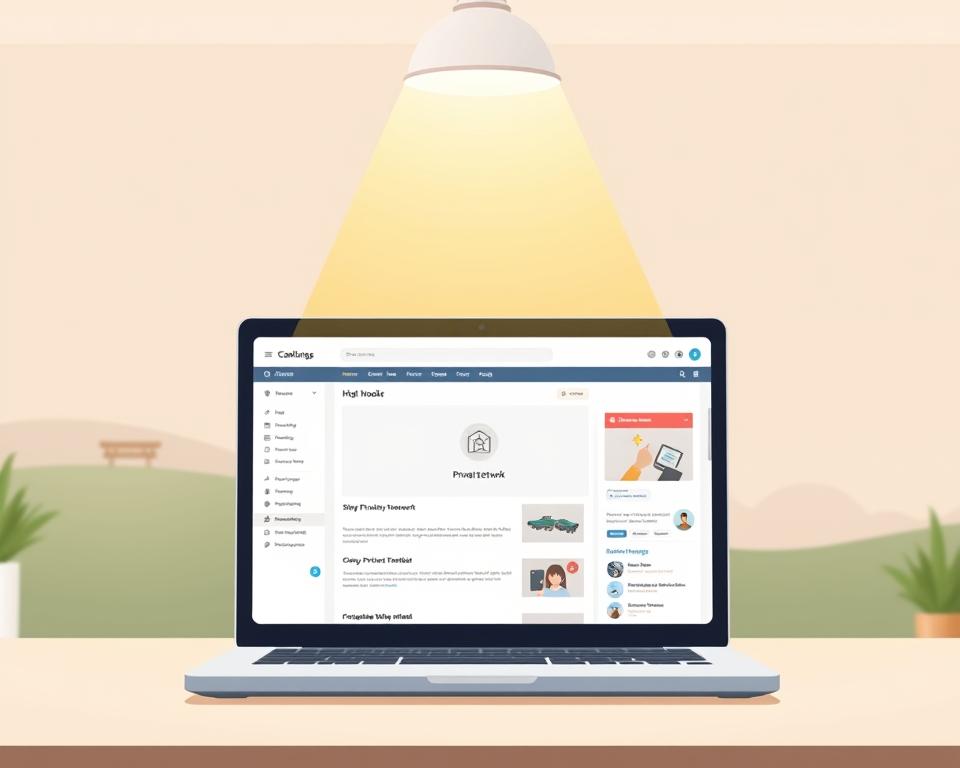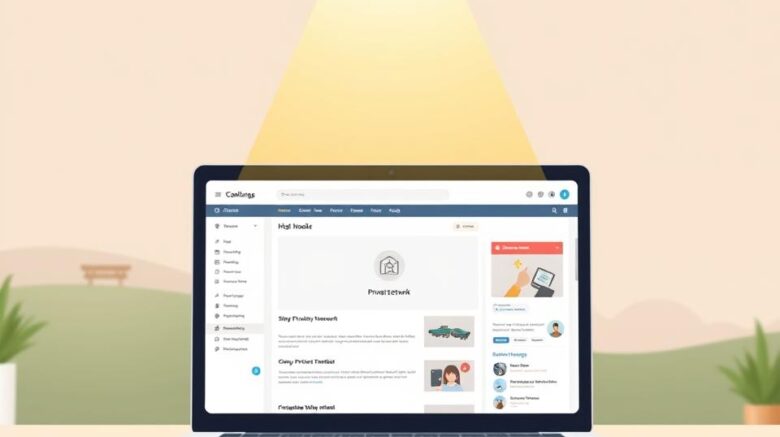Private Blog Network Link Fundamentals
Did you hear that roughly three in five SEO pros leverage private blog network backlinks? A PBN’s main draw lies in how it can elevate a domain’s credibility. That often translates into higher SERP positions. However, what exactly is meant by PBN within SEO? Although it appears to offer rapid ranking gains, PBN services carry substantial dangers. You risk incurring serious sanctions from Google. We’ll unpack what PBN SEO services are and why so many SEOs can’t resist them.
What is a Private Blog Network (PBN)?
Essentially, a PBN is a cluster of blogs designed to funnel link juice to a primary domain. Its goal is to boost rankings by channeling link authority from the network to your main site. By leveraging expired domains with lingering trust, PBNs present a convincing front to crawlers.
A PBN’s intent is straightforward. Site owners use them to improve their online presence. They achieve this through:
- Acquiring targeted backlinks to lift rankings.
- Controlling the quality and relevance of these backlinks.
- Building a network of sites that link to each other naturally.

Behind the Scenes of PBN Links
PBN links work by creating private blog network backlinks that mimic natural links. Each PBN link is engineered to deceive crawlers into thinking it’s a genuine vote of confidence.
The process involves carefully chosen keywords and domains within a network of blogs. Yet despite potential instant gains, the method carries grave dangers.
Success hinges on embedding links in contextually relevant, high-quality content.
PBN Benefits
A private blog network (PBN) offers numerous advantages for SEOs looking to enhance their backlink profiles. PBNs let you dictate exactly how, where, and when your links appear.
Expired domains give you a head start on link authority.
Further, the flexibility found in PBNs allows for precise targeting of keyword-rich anchor texts.
Hazards of Using PBNs
But these benefits come with major downsides. Primary among these is the threat of manual or algorithmic penalties from Google.
Why Some SEOs Choose PBNs over Traditional Link Building
In the competitive world of SEO, professionals often face challenges with traditional link-building strategies. PBNs offer a unique advantage: a sense of control over backlink strategies.
Best Practices for Managing PBNs
Avoiding footprints is critical in PBN upkeep. Vet domains meticulously to avoid bad neighborhoods.
Spotting PBN Links
Spotting PBN links on your site is key to keeping your domain reputation healthy.
| Indicators of PBN Links | Description |
|---|---|
| Low-Quality Domains | Links from domains with poor authority or less than optimal rankings. |
| Irrelevant Content | Links embedded in content that does not match your site’s niche. |
| Suspicious Anchor Text | Repetitive or irrelevant anchor text patterns. |
| Thematic Similarity | Lack of a coherent theme among linking pages and domains. |
Using Google’s Disavow Tool
- Identify harmful PBN backlinks through thorough analysis.
- Create a disavow file correctly, listing specific URLs or domains to disavow.
- Upload the disavow file to Google Search Console.
Ethical Link Building Alternatives
Exploring ethical link building strategies offers valuable alternatives to utilizing Private Blog Networks (PBNs). Guest blogging is a prominent option.
Myths Surrounding Private Blog Networks
Private Blog Networks (PBNs) are often misunderstood, affecting both new and seasoned SEOs.
Where PBNs Are Headed
| Factor | PBNs | Future SEO Practices |
|---|---|---|
| Content Quality | Low emphasis on genuine content | High emphasis on high-quality, valuable content |
| Risk Factor | High risk of penalties | Lower risk with authentic practices |
| User Engagement | Limited engagement | Enhanced user interaction and loyalty |
| Sustainability | Unsustainable in the long term | Focus on sustainable growth |
In Closing
Ultimately, PBN use can jeopardize your long-term SEO success.
